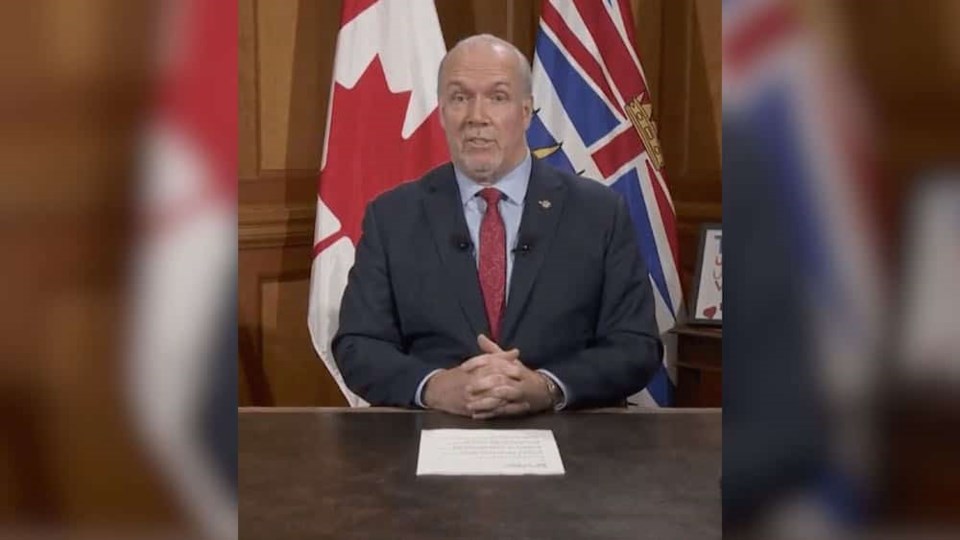The Province of British Columbia has formally extended the provincial state of emergency, allowing health and emergency management officials to continue to use extraordinary powers under the Emergency Program Act to support the Province's COVID-19 pandemic response.
The state of emergency is extended through the end of the day on Dec. 8, to allow staff to continue to take the necessary actions to keep British Columbians safe and manage immediate concerns and coronavirus (COVID-19) outbreaks.
A provincial declaration of a state of emergency allows the Province to implement provincial emergency measures and allows access to assets that may be necessary to prevent, respond to or alleviate the effects of an emergency. This is a temporary measure authorized by the Emergency Program Act.
B.C. is already in the longest state of emergency in provincial history. Now, it has officially been in place for over 8 months.
The extension of the provincial state of emergency is based on recommendations from B.C.‘s health and emergency management officials. The original declaration was made on March 18, 2020, the day after Dr. Bonnie Henry, provincial health officer, declared a public health emergency.
On July 10, the COVID-19 Related Measures Act came into force, enabling provisions created for citizens and businesses in response to the COVID-19 pandemic to continue as needed should the provincial state of emergency end.
Violating B.C. mask order can result in a $230 fine
Mike Farnworth, Minister of Public Safety and Solicitor General, is aligning the Province’s measures under the Emergency Program Act (EPA) with the provincial health officer’s (PHO) guidance that masks must be worn in indoor public places.
Individuals found not wearing a mask or refuse to comply with enforcement officers in a retail shop or indoor public space -- including not leaving the space or responding with aggressive behaviour -- may be fined up to $230.
The mask order applies to all British Columbians, 12 years and older, in many indoor public settings including:
- malls, shopping centres, coffee shops, and retail and grocery stores
- liquor and drug stores
- airports, city halls, libraries, community and recreation centres
- restaurants, pubs and bars
- places of public worship
- on public transportation, in a taxi or ride-sharing vehicle
- common areas of office buildings, courthouses, hospitals and hotels
- common areas of sport and fitness centres when not engaged in physical activity
- common areas of post-secondary institutions and non-profit organizations
Masks can be removed temporarily when individuals are in a place designated for consuming food or beverages, receiving personal or health service, or required to identify themselves in an indoor public space.
Read more here.
--With files from the Richmond News.



